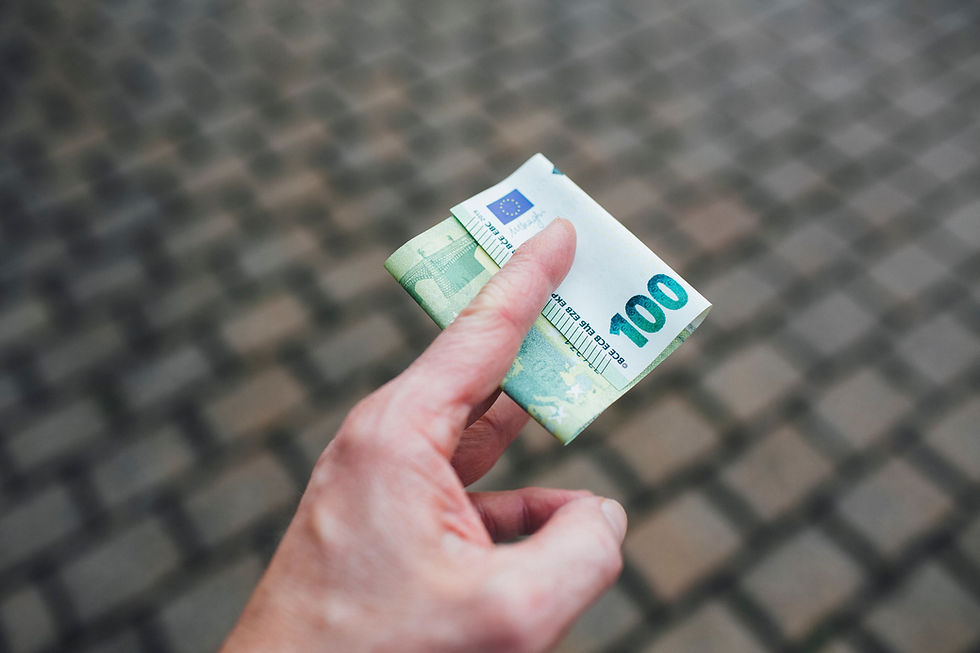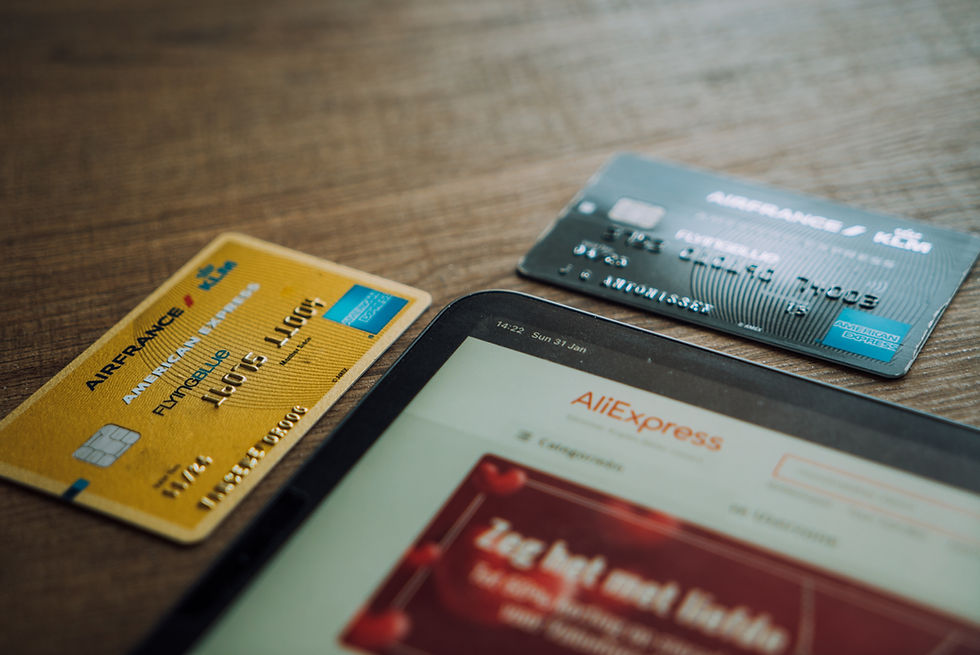
The benefit of paying off your interest early means savings of hundreds of thousands of dollars of interest payment savings in the life of a loan. As we are pursuing financial independence and early retirement by our early 40s, we want to fully pay off our mortgage prior to this period. However, this is not for everyone as the capital required to pursue this goal would take away from other uses with the money.
Some questions you should ask before deciding to take this step are:
1) Do you want to pay off your mortgage early?
This would be a long process and much sacrifice. Is the benefit worth it?
2) Do you have extra money set aside for savings, investing, emergencies, and other high debt paid off?
Not setting aside money for emergencies or keeping other debt with higher interest rates would come priority
3) Is it a long-term forever home, or a bridge home where working towards paying off won't be necessary as you can use the fund elsewhere?
If you do not plan on living in the home for a long period, saving the cash for other uses could be more important
If you still feel that you want to pursue paying off your mortgage early, below are nine strategies that can help.
1) Don't Take Out a High Mortgage

Because you qualify for a certain amount does not mean you have to take full use of the loan amount. If your ultimate goal is to be able to pay off your mortgage so that you can retire early, you should aim to purchase a home where the total home budget is roughly 25% of your net take-home pay. This will allow you to invest and save, or even put an additional amount toward your mortgage.
2) Extra Payments to Principals (Create Room in your Budget)

If you took out a monthly mortgage of 25% of your net income, you will likely have a comfortable budget where you are saving and investing each month. Setting some of that budget into paying down an additional principal could cut down your mortgage period. You can easily do this by setting a budget and it will help you stay consistent in putting toward your mortgage.
3) Bi-Weekly Payment

This is a simple trick to help pay for an extra month each year without affecting your budget. If your lender allows you to sign up for biweekly mortgage payments, you can make half of your mortgage payment every two weeks. That results in 26 half payments which equal 13 full monthly payment each year. Additionally, your interest amount will be calculated at a lower amount every two weeks than calculating the full amount at the beginning of each month.
4) Make a One-Time Payment

Use unexpected income such as bonuses, tax refunds, and credit card cash backs to put towards your mortgage payment. As these amounts won't affect your monthly budget and spending, they will not be too noticeable. Each year we use our bonus in March and Tax refunds in April to put towards the mortgage payment.
Other one-time payments that you can use towards a mortgage include large capital gain on a stock sale, equity appreciation from a sale of a primary residence or investment property, inheritance, and downsizing a car or a home.
5) Increase Your Income

By earning additional income from your side hustles each month, you can use that amount to pay the mortgage thereby helping you reach your financial independence journey more quicker.
Additionally, if you get a raise from your job and you don't let lifestyle creep occur, you can use the additional wages to pay your mortgage.
6) Reduce Your Expenses

This can be as simple as meeting your budget amount each month and trying not to go above your budgeted expense. When you go beyond your budgeted expense, it will consequently mean that you will be saving less each month, over time the extra savings is being missed out on making a large mortgage payment with the extra fund set aside. By driving a less expensive car with no car payment, and lower insurance, you can use the amount to pay extra mortgage payments.
7) Maximize Credit Card Reward

Credit card rewards can come in different forms. You can utilize the points to redeem the household gift card and use that amount to pay your mortgage. Or redeem it for cash back and be used it towards paying off your mortgage.
8) Get to 20% Equity to avoid PMI

By putting down a 20% down payment, you can avoid paying a monthly Principal Mortgage Insurance (PMI) that lenders will automatically charge you each month.
Also by maximizing your down payment in the beginning, your interest rate will be lower each month. If you can live in a current situation a little more and save more money towards a down payment, that could be advisable.
9) Do Not Refinance

Even though your monthly payment becomes lower you are paying a fee to refinance. If you plan on moving every 3-5 years, the savings each month compared to the fee associated with refinancing may not be worth it. Additionally, the initial period of the loans is front-loaded with interest rather than a principal payment. By refinancing, you are resetting the later period where more of the payment goes towards the principal.
Some advisors say refinance to a short-term length but you can use the extra money you would be paying towards the current mortgage.
Upon Completion
After you pay off your mortgage you will get documents that show your loan is paid off and that the ban does not have a lien on your house and say the mortgage is paid in full and the promissory note is canceled. You will have to be responsible for managing your on handling property tax and homeowners insurance payments going forward.
Comments